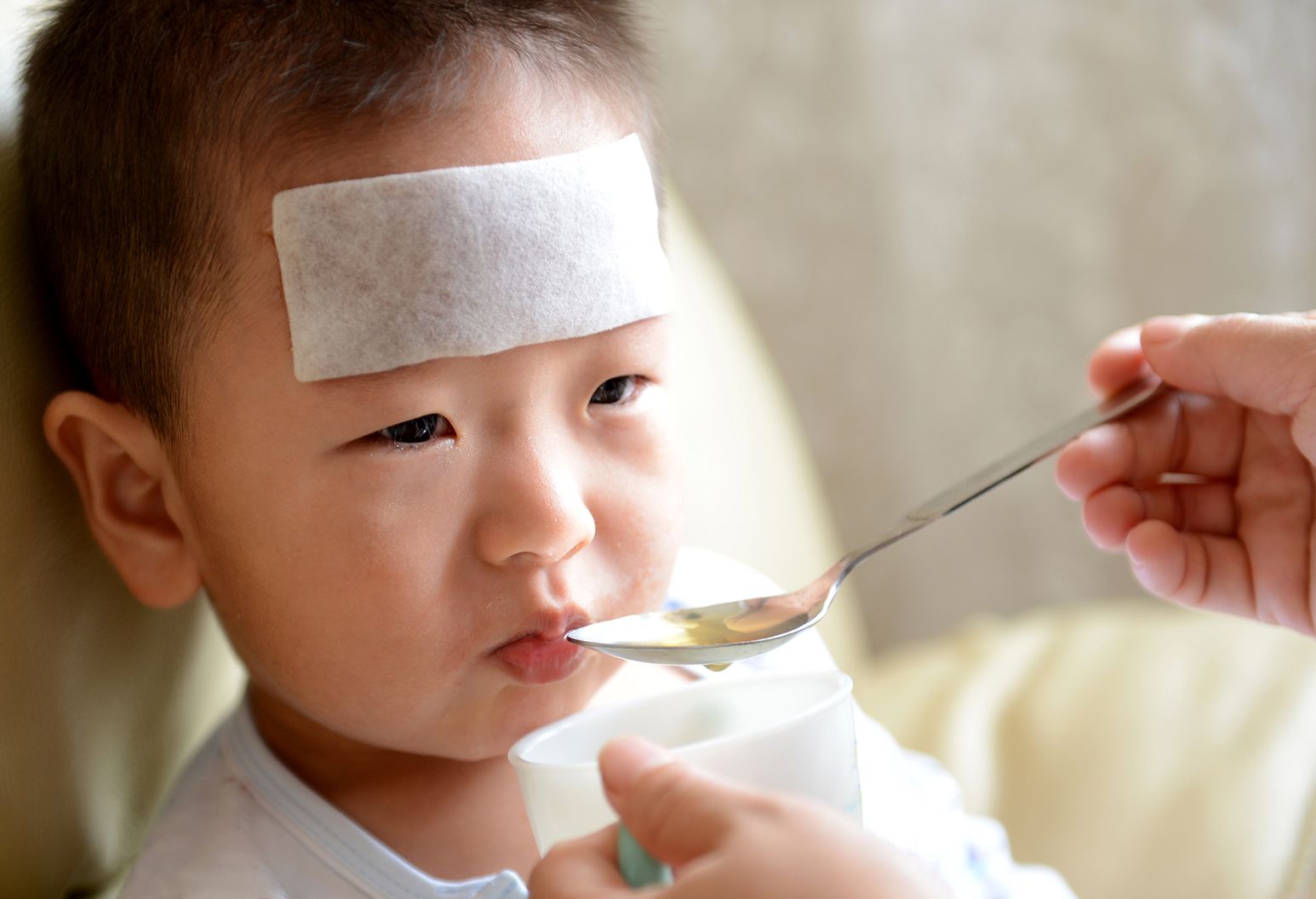Fever Treatment for Kids in Singapore: A Comprehensive Guide for Parents

Fever in children is a common and often distressing issue for parents. In Singapore, where the climate and dense population make infections more prevalent, understanding effective fever treatment for kids is crucial. This guide provides an in-depth look at the causes, symptoms, and best practices for managing fever in children, specifically tailored for parents in Singapore.
Understanding Fever in Children
Fever is a physiological response where the body increases its temperature to fight off infections. In children, a fever is usually defined as a body temperature above 37.5°C when measured orally, or above 38°C when measured rectally. While fever itself is not a disease, it is a symptom indicating the body’s defense mechanisms are at work.
Common Causes of Fever in Singapore
Singapore’s tropical environment and high population density expose children to various pathogens that can cause fever. Common causes include:
- Viral Infections: Frequent illnesses like the common cold, influenza, and hand, foot, and mouth disease often lead to fever.
- Bacterial Infections: Conditions such as strep throat, urinary tract infections, and bacterial pneumonia can result in elevated temperatures.
- Dengue Fever: Singapore’s climate supports the breeding of Aedes mosquitoes, making dengue fever a significant risk, particularly during the rainy season.
- Other Illnesses: Infections like roseola, common in young children, can cause high fever followed by a rash.

Symptoms and When to Seek Medical Help
While fever can cause discomfort, it is typically not dangerous by itself. Symptoms associated with fever in children can include sweating, chills, fatigue, loss of appetite, and dehydration. Parents should monitor these symptoms and seek medical help if their child experiences:
- Persistent fever lasting more than three days.
- High fever, with temperatures exceeding 40°C.
- Severe symptoms such as difficulty breathing, persistent crying, unusual drowsiness, or seizures.
- An unexplained rash accompanying the fever.
Home Treatment for Fever
Managing fever at home can help alleviate discomfort and support recovery. Here are some effective home treatment strategies:
Hydration: Keeping the child hydrated is vital. Encourage the intake of water, oral rehydration solutions, or clear soups to prevent dehydration.
Comfortable Environment: Dress the child in lightweight clothing and keep the room cool. Using a fan or air conditioning can help lower body temperature.
Rest: Ensure the child gets plenty of rest. Sleep and reduced activity help the body fight off infections more effectively.
Medication: Administer age-appropriate fever-reducing medications such as paracetamol or ibuprofen. Always follow the dosage instructions provided by the manufacturer or your doctor. Avoid using aspirin in children due to the risk of Reye’s syndrome.
When to Visit a Pediatrician
Singapore offers excellent healthcare services, and it is advisable to consult a pediatrician if you are concerned about your child’s fever. Specific situations that necessitate professional medical advice include:
- Infants and Young Babies: Fever in babies younger than three months should always be evaluated by a doctor.
- Underlying Health Conditions: Children with chronic illnesses or weakened immune systems need prompt medical attention when they develop a fever.
- Persistent or Worsening Symptoms: If the fever does not improve with home care or is accompanied by worsening symptoms, seek medical advice immediately.
Preventative Measures
Preventing the illnesses that cause fever is key to reducing the frequency of pediatric fever. Effective preventative measures include:
Vaccinations: Ensure children receive all recommended vaccinations according to the Singapore National Immunization Schedule. Vaccines protect against various infectious diseases.
Hygiene Practices: Encourage regular handwashing, especially before meals and after using the toilet. Good hygiene practices help prevent the spread of infections.
Avoiding Sick Contacts: Limit exposure to individuals who are ill, particularly during flu season or dengue outbreaks. Keeping children away from sick contacts can reduce their risk of catching infections.
Mosquito Control: Use mosquito repellent, install screens on windows, and eliminate standing water to reduce the risk of dengue fever. Preventing mosquito bites is crucial in dengue-endemic areas.
Conclusion
Fever treatment for kids in Singapore involves a combination of understanding the causes, recognizing symptoms, and knowing when to seek medical attention. By following the guidelines outlined in this article, parents can effectively manage their child’s fever and ensure their well-being.
Regular consultations with healthcare professionals and staying informed about best practices in fever care are essential for navigating this common health concern. With the right knowledge and proactive measures, parents in Singapore can confidently handle their child’s fever and help them recover swiftly.





